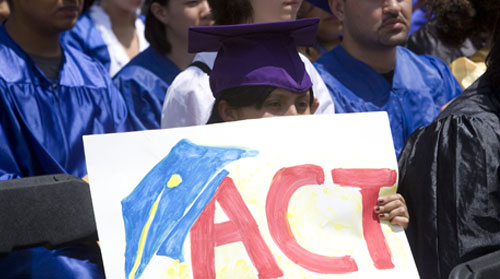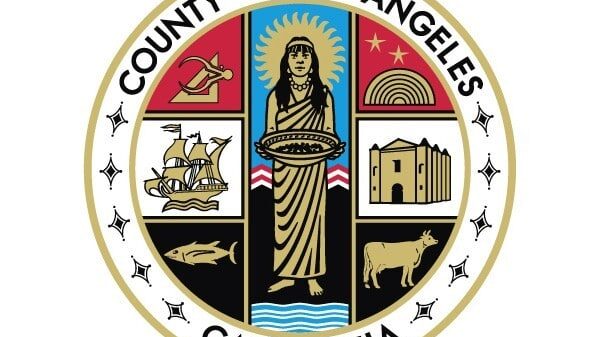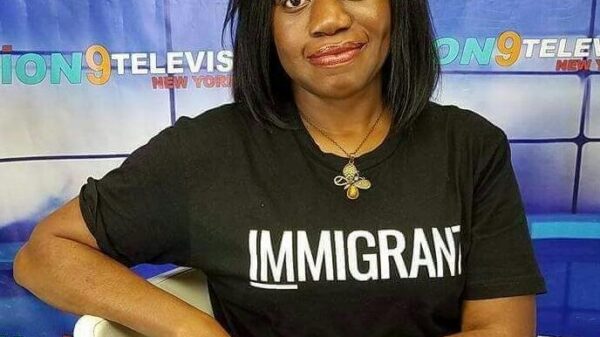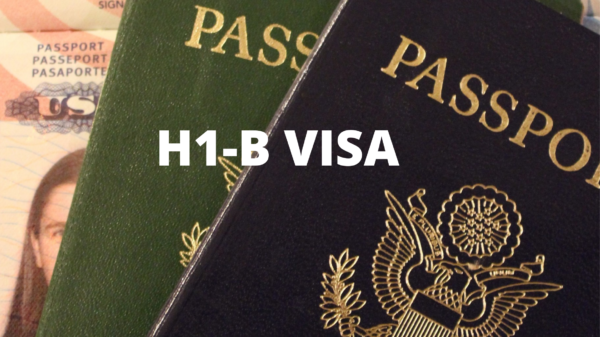Editor’s Note: Richmond, Calif. resident Yaquelin Valencia is a volunteer with immigrant rights organization Cosecha Movement, a decentralized network of organizers who host local “circles.” Valencia, born in Michoacán, Mexico, is a former organizer with CLOUD (Community Leaders Organizing Undocumented Dreamers). Richmond Pulse asked Valencia what the end of Deferred Action for Childhood Arrivals (DACA) means for Dreamers and what’s next for the immigrant rights movement.
When you found out about the Trump administration’s plan to cancel DACA, what was going through your head?
I thought about all the work that had been done by all the Dreamers, and the ones who got deported while fighting.
What also came through my mind was we need to do more. We have to be willing to unite and fight for all 11 million [undocumented immigrants in the United States], not just DACA folks. I feel that in the last year we all went our separate ways, and everyone lost hope or got complacent.
What does this mean for you and others here in the Richmond/San Pablo area?
DACA ending means that people will not get to apply as first-time recipients. For those who can renew, it’s just creating anxiety having to do things immediately. [Those whose DACA expires byMarch 5, 2018 must renew by the deadline of October 5.]
And for those who can’t renew [whose DACA expires after March 5, 2018], like me, I am forced to remain in an uncertain path. What will my job look like in 2019? Will finishing college even matter? If I get that degree, how will I get another job?
How did DACA change things for you?
I was able to apply for a position as a health admin assistant. This job had been waiting for me since I graduated high school in 2010, so being able to apply and know that I could present the proper documentation, that no one would turn me away because I was undocumented, felt different. As if things were changing for good. And I even got a soccer-coaching job at Kennedy High, where I graduated from.
For other DACA recipients I know, it gave them stability with work, protection from ICE and some even took advantage of DACA by applying for advance parole and visiting their families in Mexico [that they hadn’t seen for] 10, 20 years.
How has the president’s decision to end DACA affected the mental health of immigrants in the community?
For parents, having their children protected was all they prayed for. Now, knowing that that protection is gone leaves them distraught, hopeless and grieving.
Yet I do hear from some parents that now they will get up and come fight with Dreamers. My good friend’s mom said, ‘You are all still Dreamers, and they can’t take your dreams away, you all are the light.’
I know that many Dreamers are going through breakdowns. I can speak for myself. I am still upset and when I think about the damage it is causing to the community, I can’t help but cry.
What’s next? How are you organizing around this?
The 12-plus folks that met with me have committed to bringing a plus one to our next meeting on Sept. 14. I will briefly present a strategy and if everyone is on board, we will decentralize and make more solid groups in Richmond, San Pablo, Vallejo and Martinez. Following that meeting, we will plan for a mass training of 50 to 100 people.
All the information and platform comes from the Cosecha Movement, a movement that I have been part of from its birth. If you recall, Cosecha Dreamers and allies were among those who got arrested at the Trump Tower the day of the announcement. We believe that we hold the power and the only way to win is through a non-violent movement where we use our labor and economic power as tools to win permanent protection for all 11 million.
If you currently have DACA, you will continue to be protected from deportation and be able to work legally under your work permit until it expires. If your DACA expires in the next six months, by March 5, 2018, you must apply to renew it by Oct. 5, 2017. Find qualified and low-cost services in California through www.ready-california.org and nationally through www.immigrationlawhelp.org. If you can’t afford the $495 fee, loans are available through the Mission Asset Fund, Self-Help Federal Credit Union, the Mexican Consulate and local service providers. For more information about what you need to know about the end of DACA, go to: www.ilrc.org/advisory-daca.








